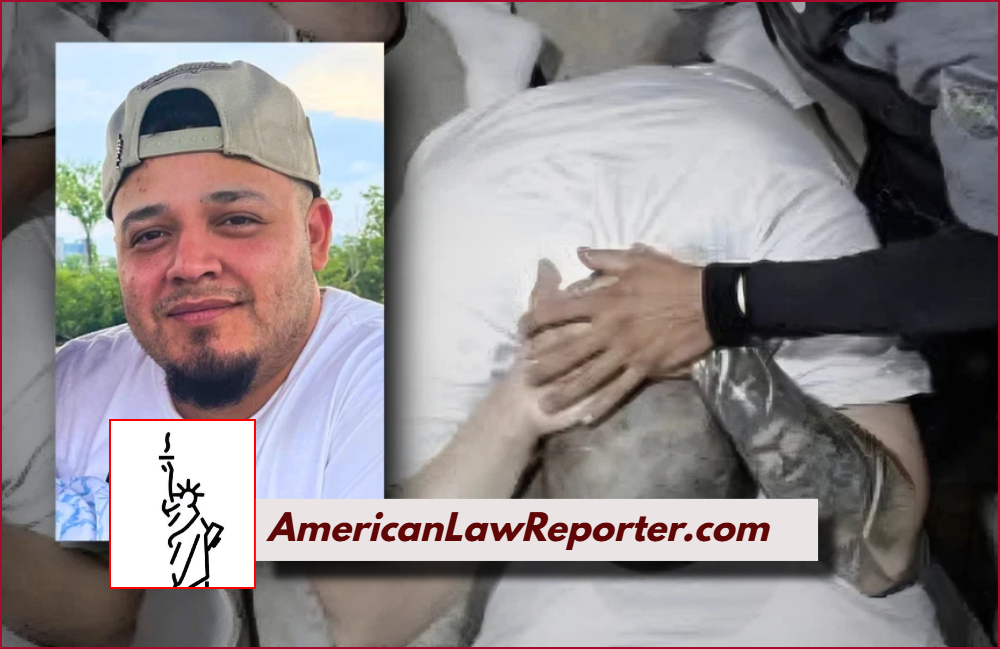In a major development involving federal immigration enforcement and due process rights, a U.S. District Judge in Maryland has issued a ruling barring the federal government from re-arresting Kilmar Abrego Garcia for immigration detention upon his release from jail in Tennessee.
The ruling follows what the court acknowledged was a wrongful deportation to El Salvador earlier this year, despite judicial orders explicitly prohibiting such action.
The judge further ordered the federal government to restore Garcia’s prior supervised release conditions, which had previously allowed him to live and work legally in Maryland, and mandated three days’ advance notice before any future attempts to deport him.
“This means Garcia can stay in Maryland and continue checking in with ICE, just like he did before the wrongful deportation,” said Akua O. Aboagye, a U.S. immigration attorney familiar with the case.
Background: A Flawed Deportation and Legal Oversight
Garcia’s case sits at the intersection of immigration law, due process rights, and federal oversight. Earlier this year, Garcia was deported to El Salvador in March, despite an immigration judge’s prior ruling that prohibited his removal due to safety concerns. The judge had cited potential danger to Garcia’s life if returned to his home country.
Legal experts characterized the deportation as a violation of court orders and a breakdown in enforcement protocols between U.S. Immigration and Customs Enforcement (ICE) and the Department of Justice. His removal to El Salvador was widely criticized by immigration advocates as a violation of due process and the right to fair adjudication under existing immigration law.
Garcia’s attorneys immediately challenged the deportation in federal court, labeling it not only a legal error but a potentially life-threatening misstep. Upon return, Garcia was detained again in Tennessee, where he now faces human smuggling charges.
Recent Court Rulings: Legal Precedent and Federal Restraint

Earlier this month, a Tennessee judge approved Garcia’s release from jail while he awaits trial on the smuggling charges. But in anticipation of federal immigration authorities possibly taking him into custody upon release, his legal team sought preemptive protection from the court.
In response, a federal judge in Maryland granted an injunction prohibiting ICE from re-detaining Garcia solely for immigration purposes, and demanded greater transparency from federal agencies moving forward.
Legal analysts say this ruling sets an important precedent about how far federal immigration enforcement can go in defying judicial directives, particularly in cases involving supervised release or humanitarian protection.
The court’s order to reinstate Garcia’s prior supervision reinforces a long-standing but sometimes inconsistently applied practice of allowing certain non-citizens to remain in the U.S. while complying with ICE check-ins and legal requirements.
Key Legal Questions Raised
The case raises important questions for immigration and constitutional law experts:
- Can the federal government be held accountable for wrongful deportations that violate court orders?
- What remedies exist when immigration agencies defy judicial rulings?
- How should courts balance immigration enforcement against individual civil liberties, especially in pre-trial criminal cases?
While Garcia’s criminal charges remain pending, his immigration status is now more stable—at least temporarily—thanks to the federal ruling.
Looking Ahead
Garcia’s legal future remains complex. He still faces criminal proceedings related to alleged human smuggling, but the judge’s order ensures that immigration enforcement will not interfere with his constitutional right to due process during this time.
For now, Garcia will be allowed to return to Maryland and resume life under supervision, as he had done prior to the controversial deportation.
Immigration advocates hope the case serves as a cautionary tale for federal agencies and highlights the need for greater accountability and judicial oversight in deportation proceedings.

